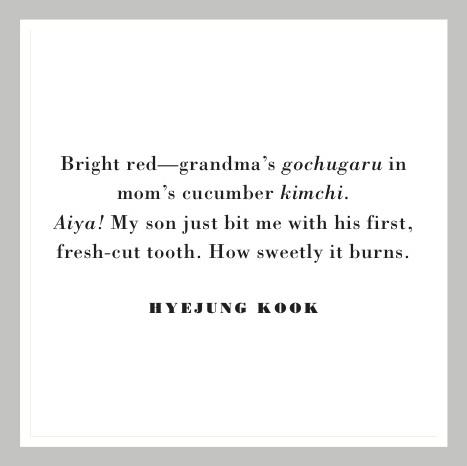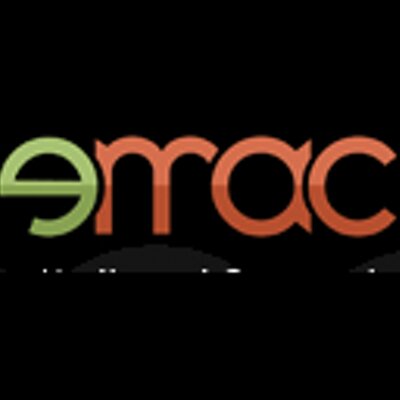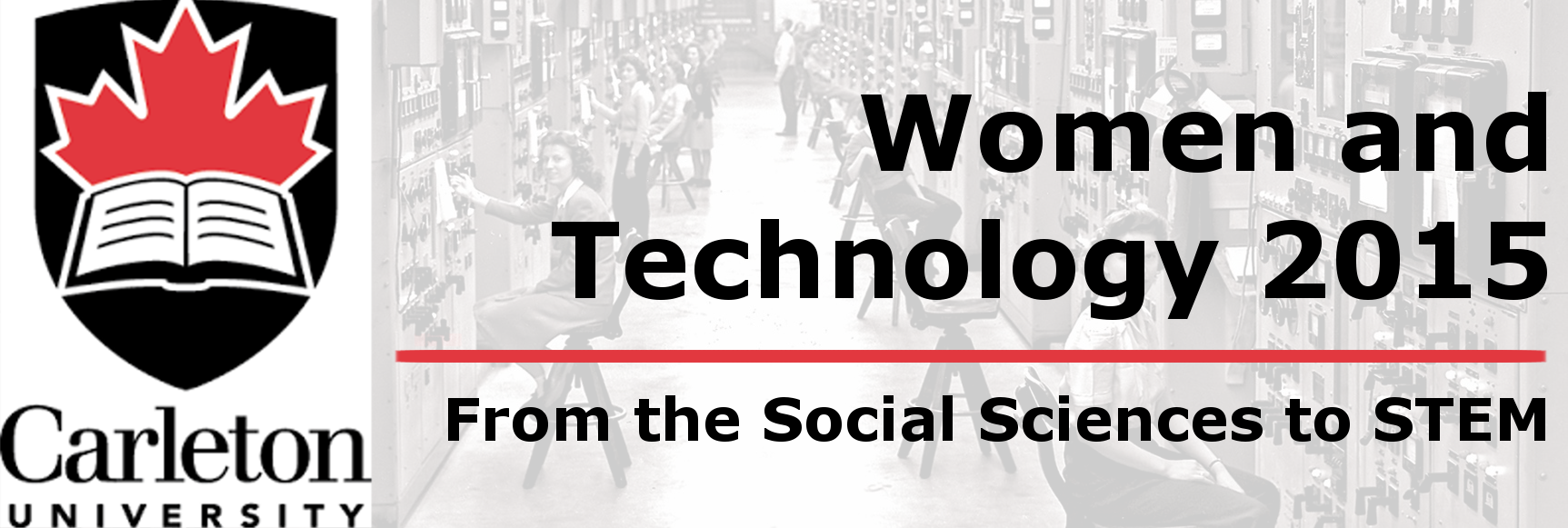
Media in Transition 9: Mediating Audiences
May 1-3, 2015
Massachusetts Institute of Technology
Call for papers
Audiences now include readers, viewers (of exhibits and websites, as well as film and television), players, users (of software and as well as libraries), and people who are as busy conversing, writing, and photographing as they are “listening”. Expanding media forms might be changing what we think of as audience, but newmedia technologies still strive to develop, constitute and assess a wide variety of audiences.
Indeed, “the people formerly known as the audience” (as NYU journalism professor Jay Rosen puts it) remain at the center of the media equation. From imagining the reader of a text to statistically-based Nielsen audience profiles and algorithmically generated targets of Google’s AdSense, audiences have been constructed in myriad ways. This variety of approaches reflects the multi-disciplinary stance of media studies and mass communications. It also bears the traces of shifting media regimes, from centralized mass media to the particularities of today’s social media, or from lone readers to the networked group. Audiences have been produced, regulated, contested, surveilled, disaggregated and, of course, studied. Duped or empowered, they remain at the center of the media equation as sources of anxiety, even as we struggle to find new ways to describe ‘them’ and their activities.
Recently, foundations have encouraged researchers to investigate viewer engagement, for example, in documentaries. At the same moment, the US Advertising Research Foundation has embarked on a parallel mission to understand audience engagement with advertising in the age of Twitter and Facebook. As media forms and use patterns continually shift, these explorations of audience suggest that now is an opportune moment to stand back and consider the larger dynamics of audience construction and behavior, as well as a spectrum of tropes from victimization to empowerment. Are there discourses from before the 20th century that might have new relevance in today’s individualized but networked media? Are we replaying the dystopian/utopian opposition that has informed much of the 20th century’s assessment of publics, audiences and their enactments? How have technologies shaped the debate as well as the construction of audiences? How might we reassess the awkward history of social science / humanities approaches to these topics?
While these questions might be addressed broadly, they would also benefit from media- and case-specific exploration. Game players, readers, film audiences in public cinemas and in home theaters, producers of tweets, and even the audiences represented on television (as well as audiences of television) all have rich histories. Imagined, represented, statistically profiled, monetized, enacted … these groupings and many more unmentioned can best be understood through case studies, industry and regulatory discourse, and the technologies used to give them form.
Topics could include:
- Activist audiences: when publics & audiences converge
- The fate of the public sphere (and public media)
- The audience as a site of perpetual anxiety
- Fragmentation: unity in diversity?
- The invisible audience: underrepresented/ignored populations
- Policy
- The challenge to TV metrics with IPTV and Google analytics
- Showrunners and the ideal audience
- Fandoms and productive audiences
- Piracy and the uncounted – or overcounted — audience
- The aftermarket public
- Representations of the audience in media
- Privacy in a data-rich world
- Challenges and opportunities/reception research
- Big data and merging of data sets (TV use and credit card use)
- New trends in audience tracking and assessment
- Learning from historical audiences
- Transnational formats and their audiences
- Overseas audiences
- MOOCS/online education and audience in higher ed
- The labor of audiences
For more information visit the MIT conference page here.
The deadline for submitting proposals is February 15th, 2015.
Submit an Abstract and Short Bio:
Short abstracts for papers should be about 250 words in a PDF or Word format and should be sent as email attachments to mit9@mit.edu no later than February 15th, 2015. Please include a short (75 words or fewer) biographical statement.
NOTE: If you submitted an abstract and bio before December 22, 2014, please RESUBMIT to mit9@mit.edu.
Evaluation of submissions will be done on a rolling basis beginning in [month] and each proposal will receive a response.
Include a Short Bibliography: For this year’s conference, please include a brief bibliography of no more than one page in length with your abstract and bio.
Proposals for Full Panels: Proposals for full panels of three or four speakers should include a panel title and separate abstracts and bios for each speaker. Anyone proposing a full panel should recruit a moderator.
Submit a Full Paper: In order to be considered for inclusion in a conference anthology, you must submit a full version of your paper prior to the beginning of the conference.










